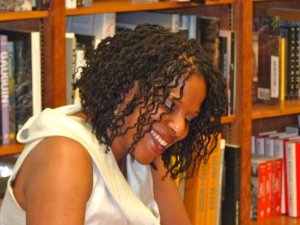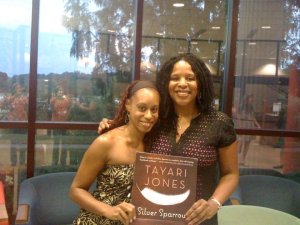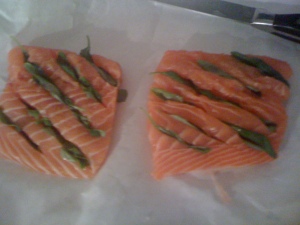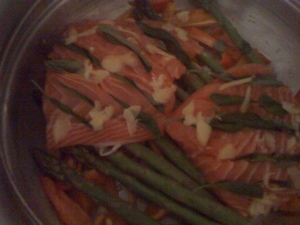My cousin got married last fall. Like many weddings, it was an occasion for family and friends to reminisce, reconnect, and bond. The wedding reception found me tucked away in a corner with a few cousins, most notably, the beautiful, often elusive, V. She inquired about my dissertation defense, mere days away, and my future plans. At that point I only knew I had to move. The sooner the better.
Home, Not Home
Athens had never been home to me, and Atlanta, although a great city in many ways, didn’t feel all that homey to me either. That I was born and raised there was immaterial. It wasn’t “home.”
V, a flight attendant, gushed about her love of NYC. It was her favorite city. She felt like herself there. Despite her world travels, there was no place she’d rather be. I wondered where my NYC would be. I knew it would be some place with a mild climate, near beaches, but that’s as far as I could figure.

Border Crosser
I finished my Master’s degree 11 years ago. Since then I have moved seven times (four of those between GA and FL). Most of those moves were one and two year stints, and I usually knew they were temporary going in. I realized I was closer to finding home a year ago when I left St. Petersburg to return to Athens, and found myself aching for the luscious green grass, the humid, salty air, and the calming beaches. But even though there were many things I liked, even loved, about St. Pete, I still wasn’t ready to call it home.
A few weeks after the wedding, I graduated and found myself “in between.” I don’t do in between well. Job hunting and city hunting, I felt I had no clarity on next steps. Eventually it all took a toll on me and left me feeling kind of blah. Finally, I made some decisions, and in true form, the universe responded in kind. Within a few days I had a job offer, a clear path, and a new city to try out.
Where the Heart Is
This move was the first one during which I felt I were moving toward a new life. It felt permanent. Real. Settled.
I knew I was on to something when I had to visit my “hometown” (Atlanta) a few days after my move. Traveling to the airport, I was a child being dragged inside from the playground. No! Don’t wanna!
At the end of my three days there, I smiled inside, happy to be back on the plane heading back home, even though home was just a few days old.
Everyone who visits my new digs mentions how I seem poised to start a new life here. To them it feels like home.
To me too.
[youtube http://www.youtube.com/watch?v=cnKQN7TF4hQ]








